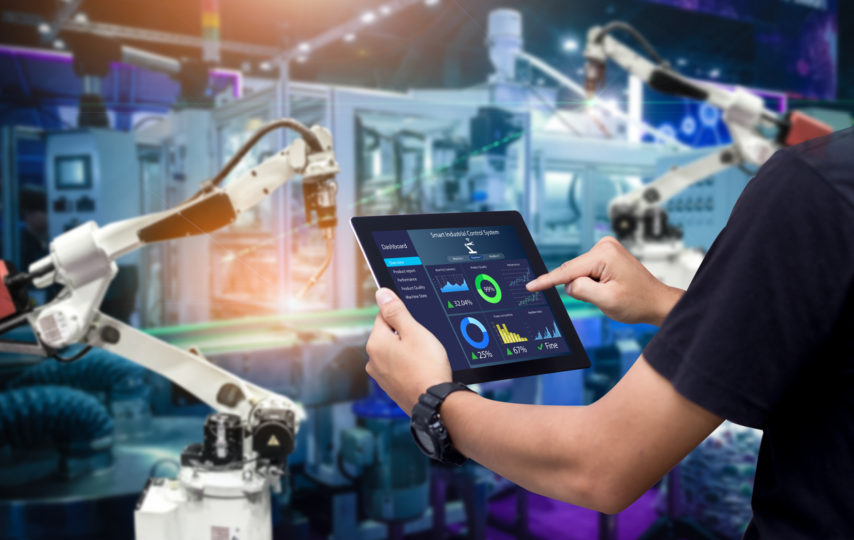Western nations have been highly competitive since the industrial revolution over a hundred years ago. Though every time there’s another advancement in technology, we see more and more competition. For the GDP of nations and the prosperity of their populations, this competition is a great thing. For your average company trying to stay open and in business, the competition is brutal, and it takes a lot of drive and determination to keep pace with the other competitors in the industry, which is particularly true in the age of industrial automation. You can also visit for skilled industrial automation solutions.
Industrial automation is a very broad, far-reaching term that covers a multitude of industries that use systems designed to facilitate increased productivity in shorter time frames and with better reliability and quality. Regular automation came about a long time ago with the advent of the assembly line. Soon after, different engineers and inventors started to create machinery that could automate specific tasks, like pressing steel, filling cans, sealing bottles, etc. So, when you think of industrial automation companies, just imagine these processes on a much grander scale, handling automated tasks that are far larger and more complex.
Though, why is this sort of automation so popular today? Here are a few solid reasons for the incredible popularity of industrial automation.
Reasons for the Increased Popularity of Industrial Automation
Market Parity
The first reason is market parity, which can be explained simply by watching how companies work. For instance, when one fast-food company does a commercial campaign and offers items for a great price, you’ll see a second, a third, and on and on, with different companies practicing parity to draw people into their businesses. It’s the exact same principle at play with industrial automation. Company A gets an upgrade, and so they’re producing items a lot faster, with superior quality. Everything’s running more smoothly for them, so companies B, C, etc., also upgrade so that they can compete in the market. A failure to adapt to the changing times means that a company can easily be left behind and end up losing a lot of money, a lot of customers, and ultimately suffering a blow to their brand reputation.
Reducing Overhead
One of the best parts about industrial automation companies that upgrade their components is that they’re making a one-time investment that ends up paying off in a big way for many years to come. An upgrade in systems at any company can help reduce overhead costs in multiple ways. For starters, maintenance becomes much easier, and people in charge of systems can take better care of them so that they break down less. These systems of improved automation also help companies down to the smallest details, like scheduling. Having the right people and the correct number of people is a great way to control the payroll of a company so that cost-savings occur wherever possible. There’s also a lot less waste and error in the manufacturing of goods. More of the raw materials purchased are put into practical use rather than ending up as scrap waste. These are just a few ways by which a new system upgrade can significantly reduce overhead costs.
Increasing Quality
When it’s all said and done, any company that sells something is only as good as the product(s) it’s selling. When it comes to industrial automation, most of these companies are producing some type of goods. Whether it’s stainless steel appliances, canned food, or the million things in between, cutting back on manufacturer error helps you in numerous ways. Not only are you putting out better quality products with a lot less waste, but you also get to downsize significantly the money you’re spending on quality control. Knowing that you’re getting more quality from the start with the process of automation means fewer resources dedicated to controlling that quality outside of the automation process. Basically, you’re getting a far higher yield in high-quality, usable products, and far less waste and error.
Streamlining the Process
Overall, the process here within your business is streamlining. From scheduling employees on shifts to handling maintenance, and programming machinery to handle different tasks, industrial automation is all about centralizing everything into a control hub. This shift opposes the old method of compartmentalizing each different department of industrialization and assembly. This change is a way to make everything run a lot smoother with any business, which is going to help you save a lot of money while producing better products.
To remain competitive, companies today have to do whatever is necessary to stay ahead of the curve and to out-compete other companies within their niche. Going with automation upgrades in your industrial setting is a great way to ensure that you’re competing and winning in your respective industry.








